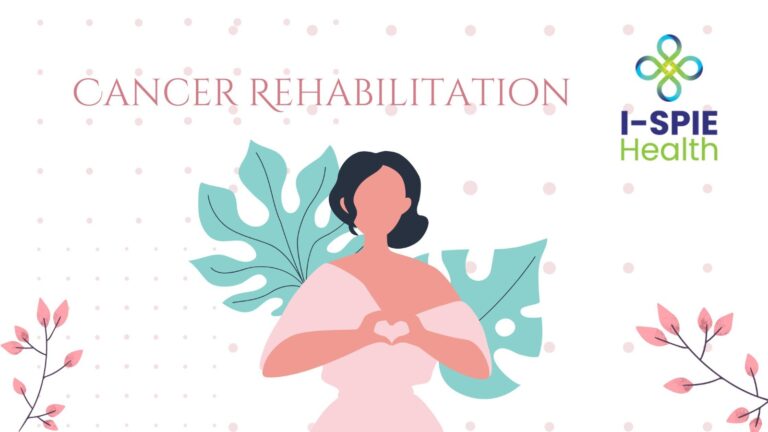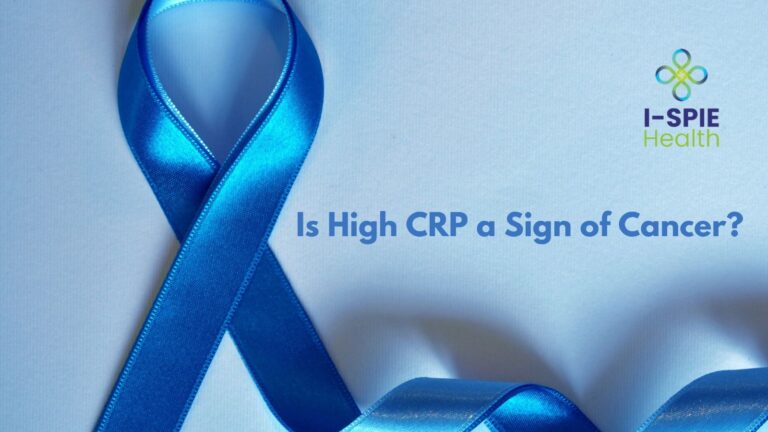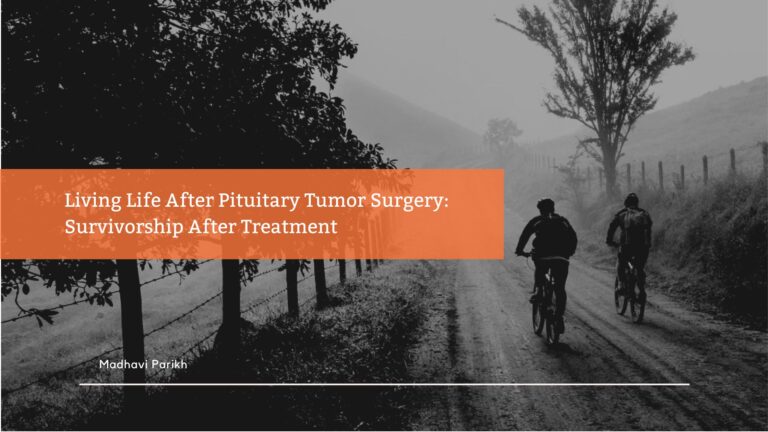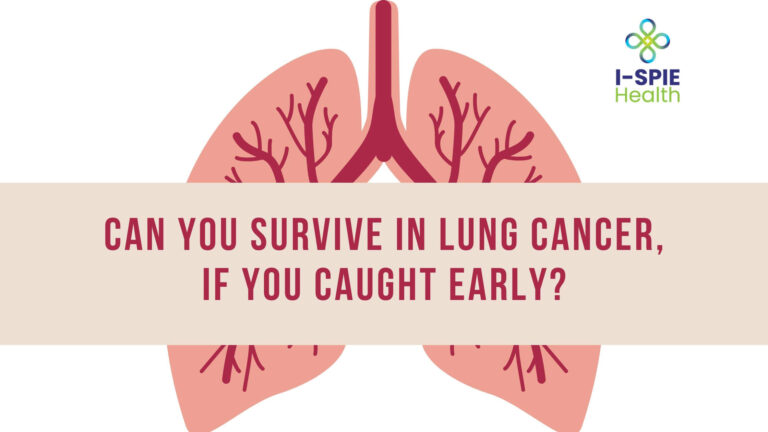Unintended weight loss is a common challenge faced by many cancer patients, significantly affecting their overall health, quality of life, and ability to withstand treatment. Maintaining a healthy weight during cancer treatment is crucial, as it can improve strength, immunity, and recovery outcomes. This blog provides comprehensive strategies for How To Stop Weight Loss in Cancer Patients, ensuring they receive the nutrients and energy needed to support their fight against cancer.
Causes of Weight Loss During Cancer
Treatment Side Effects
Cancer treatments like chemotherapy and radiation often lead to side effects such as nausea, vomiting, and loss of appetite, making it difficult for patients to consume enough calories. Additionally, these treatments can cause alterations in taste and smell, leading to a reduced interest in food.
Cancer-Related Metabolism Changes
Cancer can significantly alter the body’s metabolism. Tumors often increase the body’s energy needs, leading to a higher calorie burn even at rest. This condition, known as cancer cachexia, can cause the body to break down muscle and fat at an accelerated rate, leading to significant weight loss.
Psychological Factors
The psychological impact of a cancer diagnosis, including stress, depression, and anxiety, can lead to a decreased appetite and a lack of interest in food. Emotional distress may also cause patients to skip meals or consume less food, exacerbating weight loss.
Risks Associated with Weight Loss
Decreased Immunity
Unintentional weight loss can weaken the immune system, making it harder for the body to fight infections and respond effectively to cancer treatment. A compromised immune system increases the risk of complications and may lead to delays in treatment.
Muscle Wasting
Weight loss in cancer patients often results in the loss of muscle mass, leading to decreased strength and physical function. Muscle wasting can make it difficult for patients to perform daily activities and maintain their independence.
Nutritional Deficiencies
When patients lose weight, they often miss out on essential nutrients, leading to deficiencies in vitamins and minerals that are crucial for overall health. Nutritional deficiencies can impair the body’s ability to heal, reduce energy levels, and contribute to feelings of fatigue.
Delayed Recovery
Adequate nutrition is essential for the body’s healing process. Weight loss can slow down recovery from surgery, treatment, and illness, prolonging hospital stays and reducing the effectiveness of cancer therapies.
How to Stop Weight Loss in Cancer Patients | Nutritional Strategies
1. Calorie-Dense Foods
Incorporating High-Calorie Foods
To combat weight loss, cancer patients should focus on eating calorie-dense foods that provide maximum nutrition in smaller portions. Foods like avocados, nuts, seeds, cheese, and full-fat dairy products are excellent choices. Adding healthy fats like olive oil or butter to meals can also increase calorie intake without increasing meal size.
Meal Frequency
Eating smaller, more frequent meals throughout the day can help ensure that patients consume enough calories. Instead of three large meals, aim for five to six smaller meals supplemented with snacks. This approach can be particularly helpful for those who experience early satiety or lack of appetite.
2. Protein-Rich Diet
Importance of Protein
Protein is crucial for maintaining muscle mass and supporting the immune system. During cancer treatment, the body’s protein needs increase, making it essential to include high-protein foods in every meal. Adequate protein intake can help prevent muscle wasting and support recovery.
Protein Sources
Easy-to-digest protein sources like eggs, fish, poultry, Greek yogurt, and tofu are ideal for cancer patients. Protein-rich soups, smoothies, and shakes can be effective alternatives for those who have difficulty consuming solid foods.
Supplements
When appetite is low or patients struggle to meet their protein needs through food alone, protein supplements can be a helpful addition to their diet. Protein powders, ready-to-drink shakes, and protein bars can provide a convenient source of nutrition.
Also Read: Should You Take Fiber Supplements in the Morning or at Night? A Cancer Coach’s Perspective
Managing Treatment Side Effects
-
Coping with Nausea and Vomiting
Nausea and vomiting are common side effects of cancer treatment that can significantly impact food intake. To manage these symptoms, patients can try eating bland, easy-to-digest foods like crackers, toast, and plain rice. Ginger, peppermint tea, and small sips of clear fluids can also help alleviate nausea. Eating cold or room-temperature foods may reduce strong smells that can trigger nausea.
-
Addressing Taste Changes
Cancer treatments can change the taste of food, making it metallic or bland. To combat this, patients can experiment with marinades, herbs, and spices to enhance flavor. If meats taste off, consider plant-based proteins or dairy products as alternatives. Using plastic utensils instead of metal can also reduce the metallic taste.
-
Hydration
Staying hydrated is essential, especially when dealing with treatment side effects like vomiting and diarrhea. Encourage regular sips of water, herbal teas, or electrolyte solutions. Including hydrating foods like soups, broths, and fruits with high water content, such as watermelon and cucumbers, can also help maintain hydration.
Behavioral and Psychological Approaches
1. Mindful Eating Practices
Eating in a Relaxed Environment
Stress and anxiety can negatively affect appetite. Creating a calm and relaxed environment during meals can make eating more enjoyable and help improve appetite. Patients should avoid distractions like television or work while eating and focus on the sensory experience of the meal.
Mindful Eating Techniques
Mindful eating involves paying attention to hunger cues, eating slowly, and savoring each bite. This practice can help patients become more in tune with their body’s needs and may help improve their relationship with food, making meals more satisfying and nourishing.
2. Emotional Support
Counseling and Therapy
Emotional barriers to eating, such as depression or anxiety, can significantly impact a patient’s nutritional status. Seeking support from a counselor or therapist can help address these issues, making it easier for patients to maintain a healthy cancer diet. Cognitive-behavioral therapy (CBT) and other therapeutic approaches can help patients develop coping strategies and improve their emotional well-being.
Support Groups
Connecting with others who are going through similar experiences can provide emotional support and practical advice. Support groups, whether in person or online, can offer a sense of community and help patients feel less isolated. Sharing tips and experiences related to nutrition and weight management can be particularly helpful.
3. Exercise and Physical Activity
Light Exercise Benefits
Preserving Muscle Mass
Regular physical activity, even at a light intensity, can help cancer patients preserve muscle mass and strength. Exercise can counteract the muscle-wasting effects of cancer cachexia and improve physical function. Activities like walking, gentle yoga, or resistance training with light weights can be beneficial.
Improving Appetite
Exercise can also stimulate appetite, making it easier for patients to consume enough calories. Even short walks or light stretching can boost mood and encourage a healthier relationship with food.
Tailored Exercise Programs
Working with Physical Therapists
A physical therapist can design a personalized exercise program tailored to the patient’s abilities and treatment stage. These programs can help improve strength, endurance, and overall well-being, contributing to better weight management and quality of life.
Incorporating Daily Movement
Patients should aim to incorporate some form of movement into their daily routine, even if it’s just for a few minutes at a time. Simple activities like stretching, gentle yoga, or even walking around the house can keep the body active without overexertion.
Struggling with Cancer-Related Weight Loss?
Learn how to maintain a healthy weight during treatment with expert guidance and personalized nutrition plans. Support your recovery journey today.
Conclusion
Unintended weight loss is a serious concern for cancer patients, but with the right strategies, it is possible to maintain a healthy weight and improve overall well-being during treatment.
By focusing on calorie-dense and protein-rich foods, managing treatment side effects, incorporating mindful eating practices, seeking Emotional Support, and staying physically active, patients can better manage their weight and enhance their quality of life. It’s essential to work closely with healthcare professionals, including dietitians and oncologists, to develop a personalized plan that meets individual needs and goals.
Remember, maintaining weight is not just about eating more; it’s about nourishing the body and supporting its ability to fight cancer.
FAQ
How can a cancer patient gain weight fast?
Cancer patients can gain weight quickly by consuming calorie-dense foods like avocados, nuts, full-fat dairy, and lean proteins. Eating smaller, frequent meals throughout the day and incorporating nutritional supplements or shakes can also help. Additionally, managing side effects like nausea and working with a dietitian to create a personalized meal plan are crucial strategies.
What can cancer patients drink to gain weight?
Cancer patients can drink high-calorie, nutrient-rich beverages such as protein shakes, smoothies made with full-fat yogurt or milk, and meal replacement drinks. Adding ingredients like peanut butter, protein powder, or heavy cream to these drinks can further increase their calorie content.
Is it normal for cancer patients to lose weight?
Yes, it is common for cancer patients to experience weight loss due to factors like reduced appetite, treatment side effects, and changes in metabolism caused by the cancer itself. This weight loss can lead to muscle wasting and nutritional deficiencies, making it important to address promptly.
What type of cancer causes weight loss?
Weight loss is particularly common in cancers such as pancreatic, stomach, esophageal, and lung cancer. These cancers can cause significant metabolic changes, appetite loss, and difficulty in eating or digesting food, leading to unintentional weight loss.







